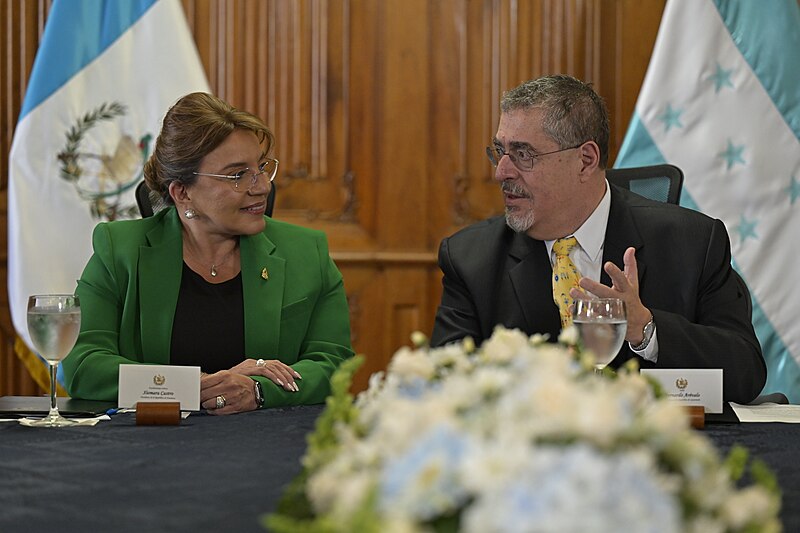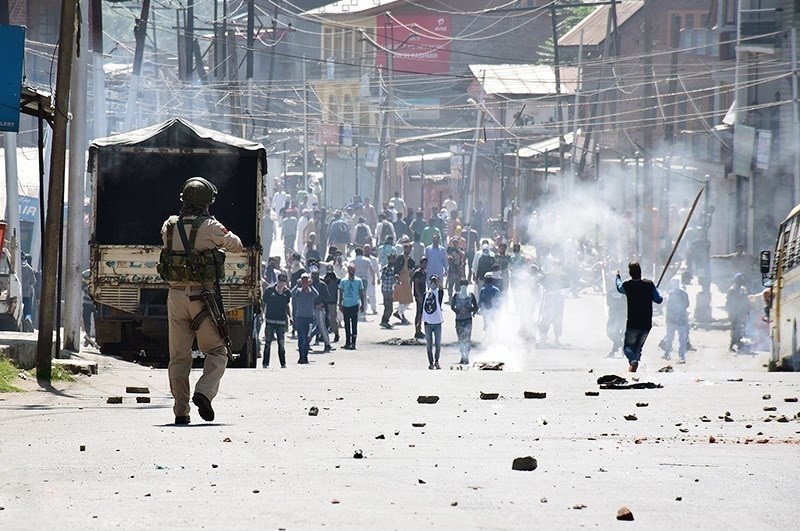President Nayib Bukele’s Nuevas Ideas party secured a second victory in the 2021 legislative and municipal elections, paving the way for largely unopposed one-party rule. Checks and balances on government operations are now reduced to investigative reporting by independent media, indicating a breakdown of the democratic system. Bukele removed Supreme Court justices and the attorney general, who was leading multiple corruption investigations. A 2022 crackdown on gangs was executed under a state of emergency.
Despite successful pandemic measures, El Salvador’s economy continues to perform poorly, partly due to sluggish export growth and continuing heavy reliance on imports. The government introduced Bitcoin in mid-2021 as a legal tender to increase the population’s access to financial services and promote economic growth. However, these initiatives have proven largely unsuccessful.
President Bukele generally prioritizes short-term goals, neglecting critical issues like climate change, food security and migration in favor of political maneuvers. This approach raises concerns about the government’s long-term vision and commitment to pressing challenges.

